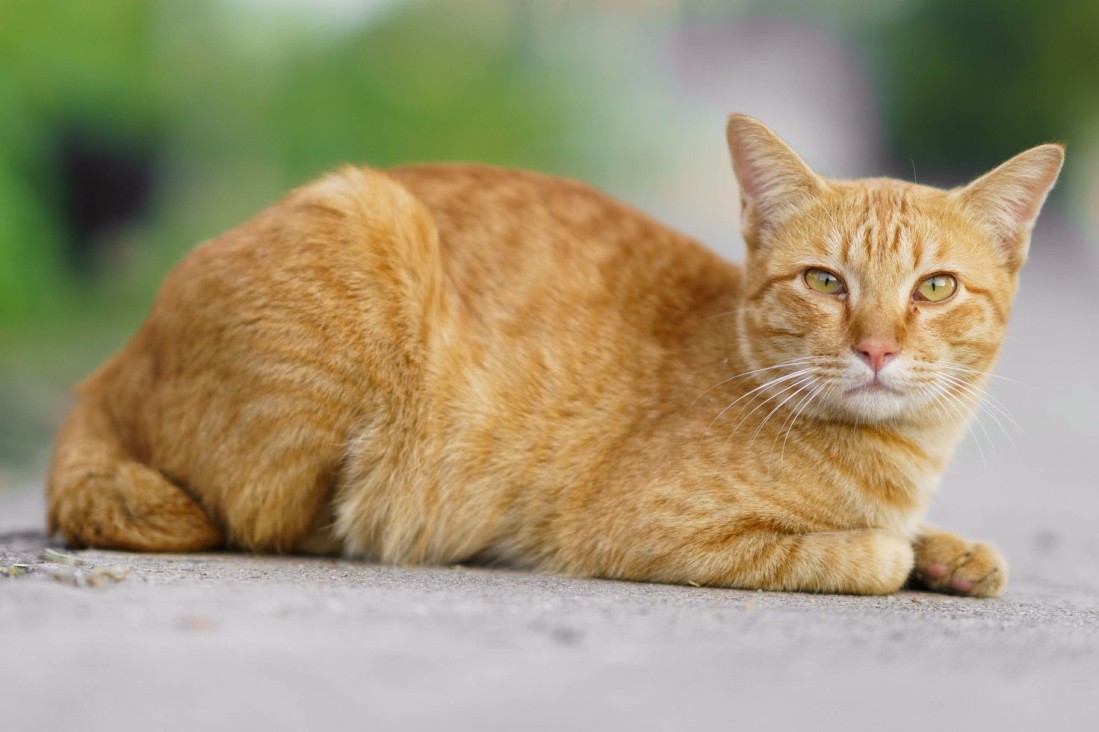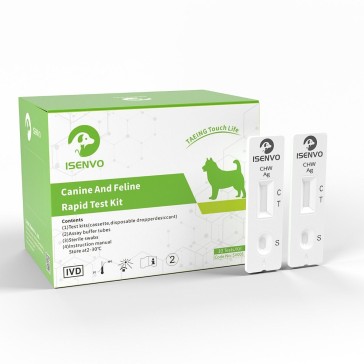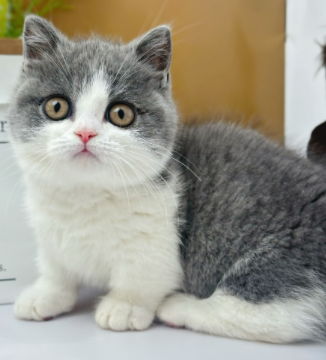Feline calicivirus (FCV) is a highly contagious viral infection that affects cats of all ages, especially those in shelters, catteries, or multi-cat households. While some cases may appear mild, FCV can lead to serious complications—especially if left undiagnosed or untreated.
In this article, we’ll explain what feline calicivirus is, how it spreads, and the signs to look for. We’ll also introduce a convenient at-home testing option that allows cat owners to detect FCV early and take timely action to protect their feline companions.
What Is Feline Calicivirus (FCV)?
Feline calicivirus is a common viral infection that targets the respiratory system, mouth, and sometimes joints or internal organs in cats. It spreads through contact with saliva, nasal discharge, or eye secretions from infected cats.
Kittens, unvaccinated cats, and those with weakened immune systems are especially vulnerable.
How Does It Spread?
FCV is spread primarily through:
Sneezing, coughing, or saliva from infected cats
Shared items such as food bowls, toys, bedding, and litter boxes
Close contact in shelters, veterinary clinics, or households with multiple cats
Human hands or clothing that come into contact with the virus and transfer it
Because FCV can survive in the environment for days, indirect transmission is also a real risk.
Common Signs and Symptoms of FCV
Symptoms can vary depending on the strain and the individual cat, but typical signs include:
Sneezing and nasal discharge
Eye inflammation or discharge
Mouth ulcers or drooling
Loss of appetite
Fever and lethargy
Limping or swollen joints (in some cases)
Symptoms may appear suddenly and worsen quickly, which is why early detection is essential.
Why Early Detection Matters
Recognizing feline calicivirus early can make all the difference in how well a cat recovers. Early action allows for faster treatment and reduces the risk of complications and viral spread.
Benefits of early detection include:
Preventing serious issues like chronic oral pain or secondary infections
Starting treatment before symptoms escalate
Reducing virus transmission in multi-cat homes
Supporting the vet in choosing targeted care and management
A Fast and Easy Way to Detect FCV at Home
The ISENVO Feline Calicivirus FCV Ag Rapid Test Kit offers a simple, non-invasive way to check for FCV infection using saliva, nasal swabs, or eye secretions. Designed for both home and veterinary use, this test provides fast and accurate results in just 5–10 minutes.
Key Features:
✅ Detects FCV antigens quickly and accurately
✅ Easy 3-step process — no special equipment needed
✅ Suitable for use at home or in pet hospitals
✅ Non-invasive: no blood or painful procedures
✅ 10 individual tests per kit
✅ Long shelf life — 12 months or more from purchase
Whether you’re concerned about a recent sneeze or managing a cattery, this rapid test kit gives you peace of mind when it matters most.
What to Do If Your Cat Tests Positive
If the test indicates a positive result:
Isolate your cat to prevent infecting others.
Contact your veterinarian for a full diagnostic work-up and treatment plan.
Provide supportive care, such as hydration, nutrition, and rest.
Keep your home clean by regularly disinfecting surfaces, toys, and litter boxes.
There’s no specific cure for FCV, but with early detection and the right care, most cats can recover and return to good health.
Final Thoughts
Feline calicivirus is a serious but manageable illness. The best protection is a combination of vaccination, awareness, and early detection.
The ISENVO FCV Ag Rapid Test Kit empowers cat owners to screen their pets quickly and conveniently—helping catch infections before they become serious. Protect your feline friend with fast action and proactive care.
Healthy cats start with early detection.










Validate your login